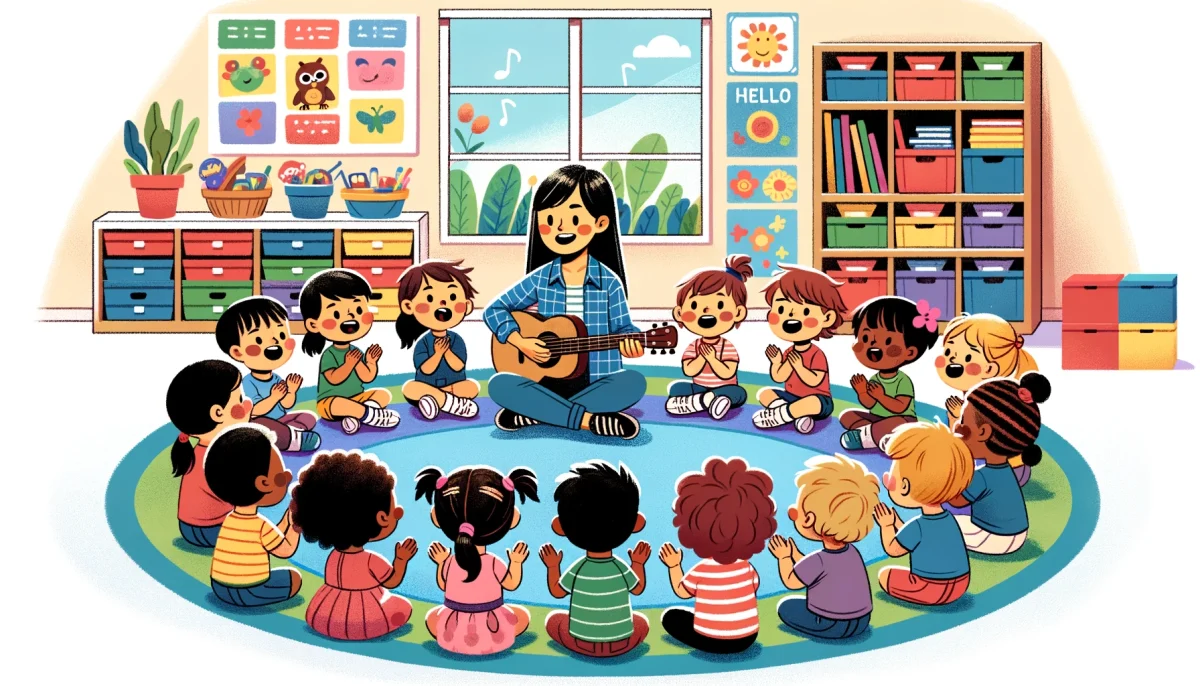Preschool education serves as the cornerstone for a child’s academic and socio-emotional development, offering a plethora of benefits that extend far beyond the classroom. In the early years of a child’s life, the environment they are exposed to plays a pivotal role in shaping their cognitive abilities, social skills, and overall well-being. Here are some compelling reasons why preschool education is invaluable:
1. Cognitive Development: Preschool provides an enriching environment where children engage in activities that stimulate their cognitive abilities. Through play-based learning, they develop essential skills such as problem-solving, critical thinking, and creativity. Activities like puzzles, storytelling, and hands-on experiments ignite their curiosity and lay the foundation for future academic success.
2. Socialization: Interacting with peers and teachers in a structured setting fosters important social skills in children. They learn to communicate effectively, share, take turns, and resolve conflicts peacefully. These early social experiences instill empathy, cooperation, and respect for others, essential qualities for building positive relationships later in life.
3. Emotional Well-being: Preschool provides a nurturing environment where children feel safe, supported, and valued. Teachers play a crucial role in helping children regulate their emotions, manage stress, and build self-esteem. “Being able to interact with other children and adults outside of my home environment was super beneficial to me,” shares Leslie Arragia (9) as she reflects on her preschool memories, “I remember feeling so confident being able to make friends all on my own. I don’t remember much, but I do remember feeling like a girlboss.” By recognizing and expressing their feelings in a supportive atmosphere, children develop resilience and emotional intelligence, laying a solid foundation for mental well-being.
4. Language and Literacy Skills: Exposure to rich language experiences in preschool is instrumental in developing language and literacy skills. Children learn vocabulary, grammar, storytelling through songs, rhymes, and interactive conversations. Early literacy activities like reading aloud and letter recognition pave the way for fluent reading and writing in later years, enhancing academic achievement.
5. Preparation for School: Preschool acts as a bridge between home and formal schooling, easing the transition to kindergarten. Children learn essential routines, such as following instructions, raising hands, and completing tasks independently, which are crucial for success in a classroom setting. By familiarizing themselves with the school environment and routines, children feel more confident and prepared for the academic challenges ahead.
6. Encouragement of Curiosity: Preschool encourages children to explore and discover the world around them. Through hands-on experiences and guided exploration, they develop a natural curiosity and enthusiasm for learning. Whether they’re observing nature, conducting simple experiments, or engaging in imaginative play, preschool provides endless opportunities for curiosity to flourish.
In conclusion, preschool education offers a multitude of benefits that contribute to a child’s holistic development. From cognitive and social skills to emotional well-being and academic readiness, the impact of preschool extends far beyond the early years; it shapes the trajectory of a child’s future success. Investing in high-quality preschool education is not only an investment in individual children but also in the prosperity and well-being of society as a whole.




























